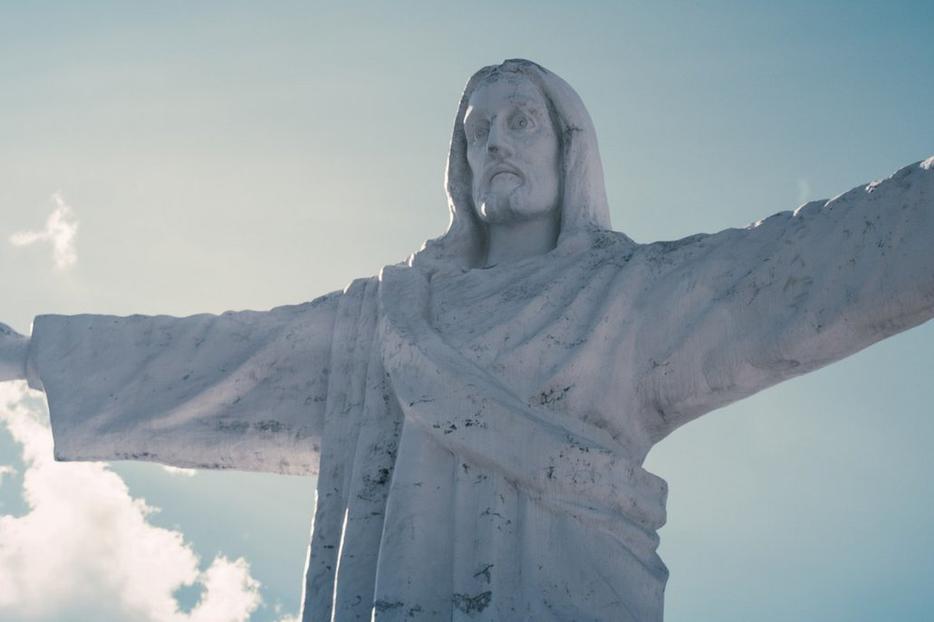The World Is at Stake This Week
User’s Guide to Sunday, Jan. 21

Sunday, Jan. 21, is the Third Sunday in Ordinary Time (Year B). Mass Readings: Jonah 3:1-5, 10; Psalms 25:4-9; 1 Corinthians 7:29-31; Mark 1:14-20.
The urgent messages of today’s readings are directed at us in a particularly personal way this week.
In today’s Gospel, Jesus Christ proclaims: “This is the time of fulfillment. The Kingdom of God is at hand. Repent, and believe in the Gospel.”
The first reading is about Jonah warning Nineveh of the city’s impending doom. The second reading is St. Paul warning us of ours. “I tell you,” he says, “the time is running out.”
But now compare Scripture’s warnings to this one from St. John Paul II about “the unity for which Christ prayed on the eve of his passion.”
“This unity is enormously precious. In a certain sense, the future of the world is at stake,” said John Paul. “The future of the Kingdom of God in the world is at stake. Human weaknesses and prejudices cannot destroy God’s plan for the world and for humanity.”
The Church’s “Week of Prayer for Christian Unity” comes every year, ending on the feast of St. Paul’s conversion Jan. 25 — and it is vitally important.
“The lack of unity among Christians is an obstacle to a more effective proclamation of the Gospel, because it endangers our credibility,” said Pope Benedict XVI. “How can we give a convincing witness if we are divided?”
Think about it: We make a bold claim as Christians: God came to earth to found a Church to save mankind. But if Christians split into different groups, one believing one thing and another rejecting the core beliefs of the other, then why should people believe that Jesus really founded a single group that he guides through history?
Notre Dame’s Brad S. Gregory, in The Unintended Reformation, describes what happened when Protestants broke from the Church. First came violent clashes about who was right and who was wrong. Then came a restless stalemate. Then came aggressive relativism and secularism.
Because of the Reformation, “by the end of the 20th century, increasing numbers of people, especially in Western Europe and Canada, had either made an atheistic inference that no religious claims are true, or drawn a skeptical conclusion that it cannot be known which among them might be. … [L]arge numbers of religious believers, themselves influenced by these cultural currents and the desire to be inoffensive, in effect relativize and subjectivize their own truth claims, making clear they speak only for themselves.”
This is a terrible state of affairs. Just think of how it saps the Christian message of its content.
Jesus says he is “the Way, the Truth and the Life,” but Christians collectively now believe there are many ways, many truths and many versions of his life. Jesus gave us the Eucharist; our divisions took it away from many Christians. Jesus gave the apostles the ability to forgive sins; our divisions deny confession to millions.
Worse, when they see us disagree about God, the world feels free to disagree with us about life, about marriage — about everything.
Healing the wound of Christian unity is one of the most urgent task for Christians today. As John Paul says, “The future of the world is at stake.”
Tom Hoopes is writer in residence at
Benedictine College in Atchison, Kansas.
















